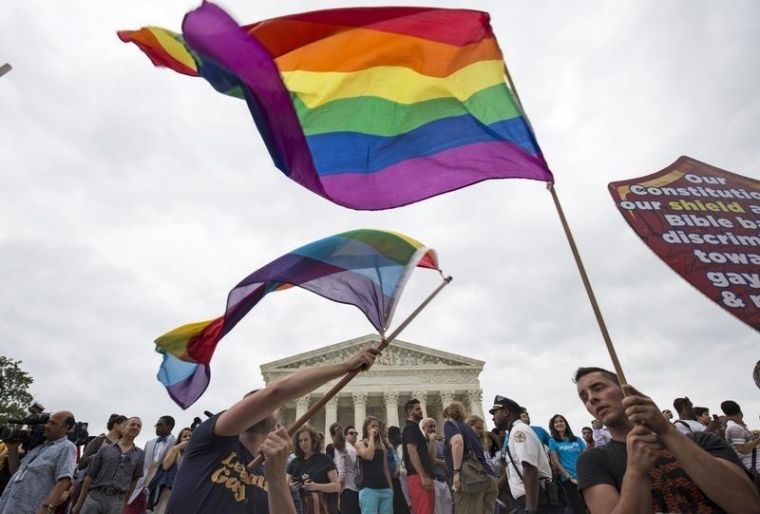U.S. federal court blocks new Mississippi law that seeks to protect people's freedom of conscience

A U.S. District judge issued an injunction on Thursday blocking the implementation of a new law in Mississippi that aims to protect the freedom of conscience of state residents from government discrimination.
In a 60-page decision, Judge Carlton Reeves stopped the implementation of House Bill 1523 titled "Protecting Freedom of Conscience from Government Discrimination Act" which was signed into law by Mississippi Gov. Phil Bryant last April. The law was to have taken effect on July 1.
The measure sought to protect the "sincerely held religious beliefs or moral conviction of persons, religious organisations and private associations."
The religious beliefs protected under that law are that marriage is a union between one man and one woman; sexual relations are reserved to such a marriage; and male or female refers to one's biological sex.
In his ruling, Reeves said, "The State has put its thumb on the scale to favor some religious beliefs over others. Showing such favor tells nonadherents that they are outsiders, not full members of the political community, and . . . adherents that they are insiders, favored members of the political community," according to the Washington Post.
"And the Equal Protection Clause is violated by HB 1523's authorization of arbitrary discrimination against lesbian, gay, transgender, and unmarried persons," Reeves added.
Bryant vowed to appeal the ruling.
"Like I said when I signed House Bill 1523, the law simply provides religious accommodations granted by many other states and federal law. I am disappointed Judge Reeves did not recognise that reality. I look forward to an aggressive appeal," Bryant said.
Family Research Council (FRC) president Tony Perkins blasted Reeves' decision as "an example of why the American people are increasingly fed up with unelected judges telling them that they have no say over their own government or their own freedoms."
He said the law "simply stops government discrimination against people who believe what has been the norm for 5,000 years, that marriage is between a man and a woman. It does not authorise any government office or official to deny services, and requires officials to provide lawful marriage licences."
Perkins scored the judge for issuing the decision "under the cloak of darkness" just one hour before the law was to take effect.
He described Reeves' decision as "more a work of fiction that law as he stretches the law like silly putty in attempt to show harm from the law."
The law was passed in response to the U.S. Supreme Court's ruling in June last year that legalised gay marriage in the country.
The injunction will be valid until any appeals are decided. If these are upheld, it will become a permanent injunction.











